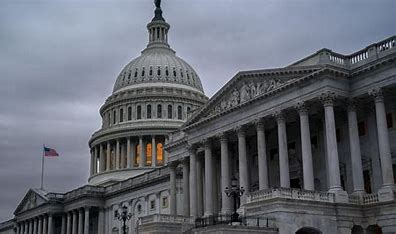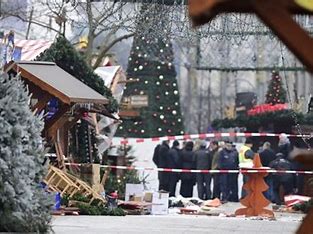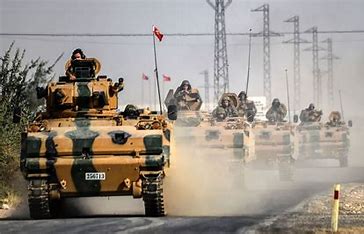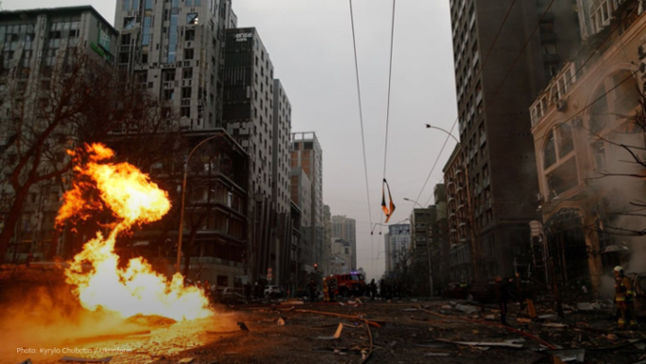In Pakistan’s recent election, independent candidates associated with incarcerated former Prime Minister Imran Khan surpassed expectations, as indicated by local TV reports. Imran Khan’s Pakistan Tehreek-e-Insaf (PTI) was unable to participate in the election as a unified bloc, but informal tallies from local TV channels suggested that independent candidates, many endorsed by PTI, were leading in most constituencies.
Over 13 hours after polling stations closed, the Election Commission of Pakistan (ECP) had announced only eight National Assembly results, with three seats going to PTI-affiliated candidates, citing “internet problems” as the cause of the delay. This prompted criticism from the public, with concerns raised about potential financial market fluctuations.
PTI Chief Organizer Omar Ayub Khan expressed confidence in the party’s performance, stating that PTI-backed independent candidates had the capability to form the next federal government with a two-thirds majority.
Contrary to expectations that the Pakistan Muslim League-Nawaz (PML-N) would secure the most seats, local TV channels reported a poor performance by the party. PML-N founder Nawaz Sharif trailed in one of the contested constituencies, while his brother Shehbaz, appointed prime minister after Khan’s ousting in April 2022, lagged behind in another.
The Pakistan Peoples Party (PPP) seemed to outperform predictions, with PPP leader Bilawal Bhutto Zardari describing early results as “very encouraging.”
The election was marred by allegations of rigging, and a shutdown of the country’s mobile phone network on voting day further intensified concerns. PTI’s Roof Hassan suggested potential tampering with results, while Michael Kugelman of the Woodrow Wilson International Center for Scholars implied that delays in result announcements aimed to facilitate interference in the electoral process.
Despite challenges, millions of Pakistanis voted, with concerns about the accuracy of vote counting. The deployment of over 650,000 security personnel aimed to ensure a secure voting environment, with fewer attacks reported compared to 2018.
The election echoed a previous poll’s dynamics, with Nawaz Sharif disqualified and Imran Khan supported by the military, illustrating the historically contested nature of Pakistan’s elections, characterized by accusations of rigging and military influence described by Gallup Pakistan’s Bilal Gilani as a “managed democracy.”









